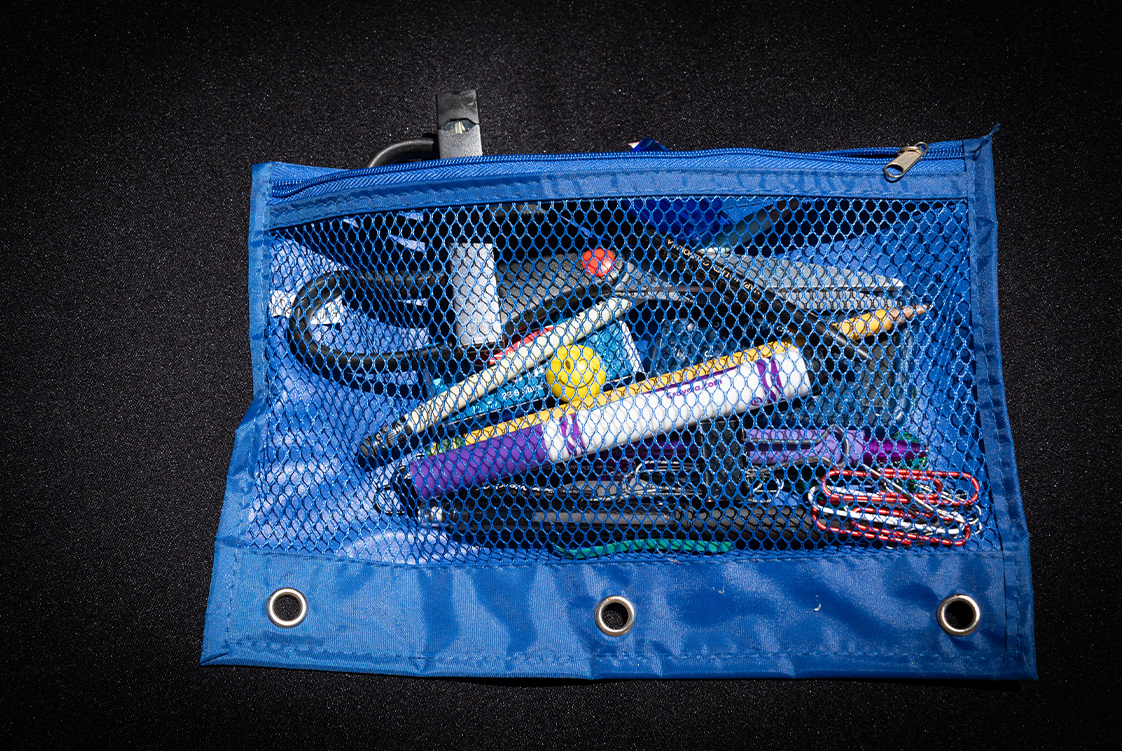As reported by Law360 in its ongoing coverage of the JUUL multidistrict injury and predatory/fraudulent advertising litigation against Altria (formerly Philip Morris), extraordinary allegations have surfaced from a former JUUL executive who claims he was fired after raising concerns about the company’s marketing campaigns targeting young users.
At the heart of the case is the allegation that JUUL, in which Altria purchased a 35% stake, intentionally and predatorily marketed its products minors in an attempt to create a new generation of nicotine-addicted Americans, fueling a youth vaping epidemic. Scott Dunlap, former JUUL COO, testified in a recorded deposition that his dismissal was a result of his objections to the company’s marketing strategies which were aimed at a younger demographic. Between February and October 2015, Dunlap said he expressed concerns about youth usage and suggested an alternative marketing approach. However, his proposal was dismissed during a board meeting, and he was fired the next day.
Trial evidence exposed a June 2015 product launch/marketing campaign, “Vaporized,” which utilized young models and social media influencers to promote JUUL’s e-cigarettes. The absence of regulation at the time enabled JUUL to partake in promotional activities prohibited for traditional tobacco companies, such as distributing free samples, sponsoring youth summer camps and sports events. Dunlap noted the company was eager to expand its markets, with the board pushing adamantly for sales and revenue generation alongside a sense of urgency to stay ahead of FDA regulation. “There was definitely some pressure to get it out before we heard from the FDA on any regulation that might further slow the launch of the product,” Dunlap testified. He also said that JUUL-related hashtags were trending on social media sites during this period, reflecting widening uptake and use among young people.
Dunlap also recounted a disturbing conversation he had after the new products’ launch with a group of high school students he saw in San Francisco using JUUL e-cigarettes that stuck with him long after. “They were talking about how much they liked the flavors,” he said. “My main concern was not only that they had them and they seemed quite nonchalant that they were easy to get, but … these two or three individuals indicated all-day use, and that was very problematic.”
The trial began on April 24, with Lieff Cabraser and co-counsel representing the San Francisco Unified School District alleging that Altria incited a youth vaping crisis. Altria’s attorney argued in response that the company had no control over JUUL’s marketing tactics. However, a tobacco and addiction expert testified separately that Altria was aware of JUUL’s youth-targeted marketing strategies when investing in the startup.
The ongoing trial accuses Altria of negligence, racketeering, and contributing to a public nuisance in San Francisco’s public schools, among other charges. As the trial progresses, more unsettling revelations are expected to surface, potentially exposing the companies’ alleged headlong pursuit of profit via exploiting addiction in the nation’s youngest and most vulnerable population.
The full article is available on Law360’s website (subscription required).
Contact us
Use the form below to contact a lawyer at Lieff Cabraser.














